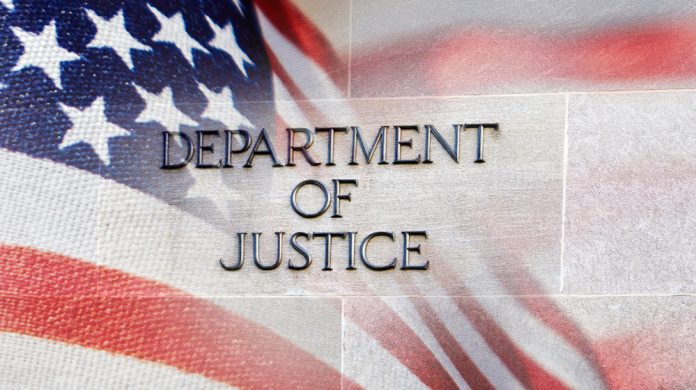The Michigan Gaming Control Board has announced that a coalition of seven US gaming regulators have sent a letter to the US Department of Justice urging them to prioritise combating illegal offshore operators.
The April 28 letter to Attorney General Merrick Garland was sent by Nevada Gaming Control Board Chairman Kirk D Hendrick and included signatures from MGCB Executive Director Henry Williams and regulators in Colorado, Illinois, Louisiana, Michigan, Mississippi, New Jersey and Nevada.
Within the letter, Garland was asked to address offshore illegal gambling and the threat they have since state regulators can’t eliminate the issue on their own. The regulators are hopeful that the DoJ can address the issues raised through leadership in enforcement action.
Williams commented: “In Michigan, strict laws and rules govern internet gaming and sports betting and provide consumer protections, promote confidence and ensure fair and honest gaming.
“We are willing to help the US Department of Justice in any way we can as it pursues enforcement of US laws against offshore illegal gaming enterprises that take advantage of our citizens.”
Regulators highlighted the threat illegal operators pose to the industry including a lack of responsible gaming programme investment, no age verification requirements to protect minors, no anti-money laundering measures, no fair payout guarantees for customers and a loss of state tax revenue funds for important initiatives.
The letter added that offshore operators don’t undergo or comply with licensing requirements like legal operators since they don’t answer to an authority, nor are they subject to state regulation scrutiny to make sure they’re compliant.
It was also noted by regulators that they protect the public with their requirements and procedures, whereas illegal operators “simply may disappear” with customer funds and offer no resources and support to those that need them.
“State regulators like the MGCB ensure operators offer products that pass technical standards and testing, and we also require operators to comply with reporting requirements,” Williams said.
“Offshore operators flaunt state regulations and offer products that do not protect the public, which greatly concerns me and my fellow state regulators.”










